Crypto Regulation – Opportunities, Challenges and Impact on Market

Cryptocurrency may be a peer-to-peer digital transactional technology, but without proper regulation or framework, more scams will happen in the digital world.
What crypto regulations are there in the market? How to understand if a particular crypto asset is an ardent follower of these rules? Does crypto follow any law? If yes, will these laws affect the price of the cryptocurrencies too? Let's find out.
What are Crypto Laws?
Crypto laws refer to the legal regulations and requirements that apply to activities related to cryptocurrencies, such as buying, selling, trading, and using them as a medium of exchange.
These laws can vary depending on the country or jurisdiction in which the activities occur and can include regulations related to securities, commodities, taxation, anti-money laundering, and consumer protection.
Crypto laws aim to protect investors, consumers, and the financial system from the risks associated with cryptocurrencies, such as volatility, fraud, and money laundering. They are also intended to promote transparency and fairness in the market and to prevent illicit activities such as terrorist financing and the funding of criminal enterprises.
Some common aspects of crypto laws include licensing and registration requirements for crypto businesses, such as exchanges and wallet providers, as well as rules for capital gains, losses, and value-added taxes. Anti-money laundering and know-your-customer regulations are also often included in crypto laws to prevent using cryptocurrencies for illegal activities.
As the crypto market continues to evolve, so will the laws and regulations governing it. It is essential for investors and participants in the crypto market to stay up-to-date with the regulatory landscape in their particular jurisdiction in order to ensure compliance and mitigate risks.
How is Crypto Regulated in the World?
Crypto is somewhat regulated in the United States, but the specific regulations and requirements vary depending on the type of cryptocurrency activity and the state in which it occurs.
The regulation of cryptocurrency in the United States is primarily the responsibility of:
- The Securities and Exchange Commission (SEC),
- The Commodity Futures Trading Commission (CFTC), and
- The Financial Crimes Enforcement Network (FinCEN).
The SEC and CFTC have authority over cryptocurrency exchanges and trading, while FinCEN is responsible for enforcing anti-money laundering (AML) and know-your-customer (KYC) regulations.
In addition to federal regulations, individual states have rules for cryptocurrency activities. Some states, such as New York, have implemented specific licensing requirements for cryptocurrency businesses, while others have yet to develop comprehensive regulations.
In Europe, the European Securities and Markets Authority (ESMA) regulates cryptocurrencies and initial coin offerings (ICOs). Each European country also has its regulatory authority, such as the Financial Conduct Authority (FCA) in the United Kingdom.
In Asia, the regulation of cryptocurrencies varies widely by country. Japan, for example, has implemented a licensing system for cryptocurrency exchanges, while China has banned cryptocurrency exchanges altogether.
Key Regulations that Every Nation Follows
To be honest, there is no one-size-fits-all answer to this question. The laws and regulations needed to regulate the crypto market effectively can vary depending on the specific circumstances of each country or jurisdiction.
However, some key areas that many nations may need to consider when regulating cryptocurrencies include the following:
Definition & Classification
Governments must define and classify cryptocurrencies, including whether they should be considered commodities, securities, or currency.
Licensing & Registration
Governments may need to implement licensing and registration requirements for cryptocurrency businesses, including exchanges, wallets, and other service providers.
Consumer Protection
Laws may need to be developed to protect consumers from fraud, scams, and other risks associated with investing in or using cryptocurrencies.
Taxation
Governments may need to develop tax laws specifically addressing cryptocurrencies, including rules for capital gains and losses and VAT or sales tax.
AML & KYC
Anti-money laundering (AML) and know-your-customer (KYC) regulations are essential to prevent money laundering, terrorist financing, and other illicit activities.
Security Standards
Regulations should be implemented to ensure that crypto businesses and their users adhere to specific security standards to protect against hacking and other security breaches.
International Cooperation
Due to the global nature of cryptocurrencies, nations may need to cooperate in developing consistent regulatory standards. The regulations needed to regulate cryptocurrencies effectively will depend on the specific circumstances of each country or jurisdiction and the evolving nature of the crypto market itself.
Impact of Regulations on the Crypto Market
The impact of regulation on the crypto market can be significant and affect various aspects of the market. Here are some ways in which law can impact the crypto market:
Market Volatility - The announcement of new regulations can cause market volatility, as investors may become uncertain about the market's future. If the regulations are considered too restrictive, it may lead to a drop in prices, while regulations perceived as beneficial could increase costs.
Investor Confidence - Regulations designed to protect investors can increase confidence in the market, attracting more institutional investors and significant amounts of capital. This can ultimately lead to more stability in the market.
Adoption - Regulations that provide a clear legal framework for cryptocurrencies can encourage more businesses and individuals to adopt them. This can lead to increased demand for cryptocurrencies and, in turn, higher prices.
Innovation - Regulations can also impact innovation in the crypto market. Regulations that are too restrictive or burdensome can stifle innovation, while regulations that are designed to promote innovation can lead to the development of new technologies and use cases.
Compliance Costs - Compliance with regulations can be costly for crypto businesses, particularly smaller ones. This can create barriers to entry and limit the growth of the market.
While regulations can provide excellent protection for investors and encourage adoption, they can create uncertainty and increase business compliance costs. Regulators must balance protecting investors and promoting innovation in the market.
And here’s the million-dollar question!
Will the price of Bitcoin, Ethereum, or your preferred cryptocurrency suddenly drop upon the announcement of the subsequent regulation?
It's a question worth a million dollars, but the truth is that nobody knows for sure. What we do know is that highly restrictive rules could hurt crypto prices. For instance, a regulation that bans crypto exchanges in the U.S. would make it difficult for U.S. residents to obtain cryptocurrencies, potentially causing a significant decline in the entire market.
Conversely, a regulation that mandates exchanges to maintain accurate records of trades and prevent market manipulation could attract more conservative investors, potentially leading to higher prices. Therefore, the effects of regulations on cryptocurrency prices can be either beneficial or detrimental.
Challenges of Enforcing these Regulations
Enforcing cryptocurrency regulations can be challenging for several reasons:
1. Cross-border nature of cryptocurrencies:
Cryptocurrencies are global, decentralized, and not bound by physical borders or jurisdictions. Therefore, enforcing regulations can be challenging, as different laws and regulations may exist in other countries.
2. Anonymity:
Cryptocurrencies allow users to maintain anonymity, making it difficult to track and identify individuals engaging in illicit activities.
3. Lack of regulatory clarity:
The regulatory framework for cryptocurrencies is still in its early stages, and some areas need more clarity. This can make it tough for businesses and investors to understand their legal obligations and create market uncertainty.
4. Rapidly evolving technology:
The technology behind cryptocurrencies is rapidly changing, creating the need to keep up with the latest developments, and ensure that their regulations are still relevant and practical.
5. Lack of resources:
Regulators may need more resources and expertise to effectively monitor and enforce regulations in the fast-paced and complex world of cryptocurrencies.
The Bottom Line
If you are an active crypto investor, understanding the current and potential future regulations is crucial for your portfolio. These regulations could impact various aspects, including your tax obligations, the types of cryptocurrencies available for purchase, and the procedures required to buy Bitcoin and other cryptocurrencies.
Keeping tabs of the legislation is critical to becoming a knowledgeable investor.
Create Your Free Token Metrics Account

.png)




%201.svg)
%201.svg)


%201.svg)



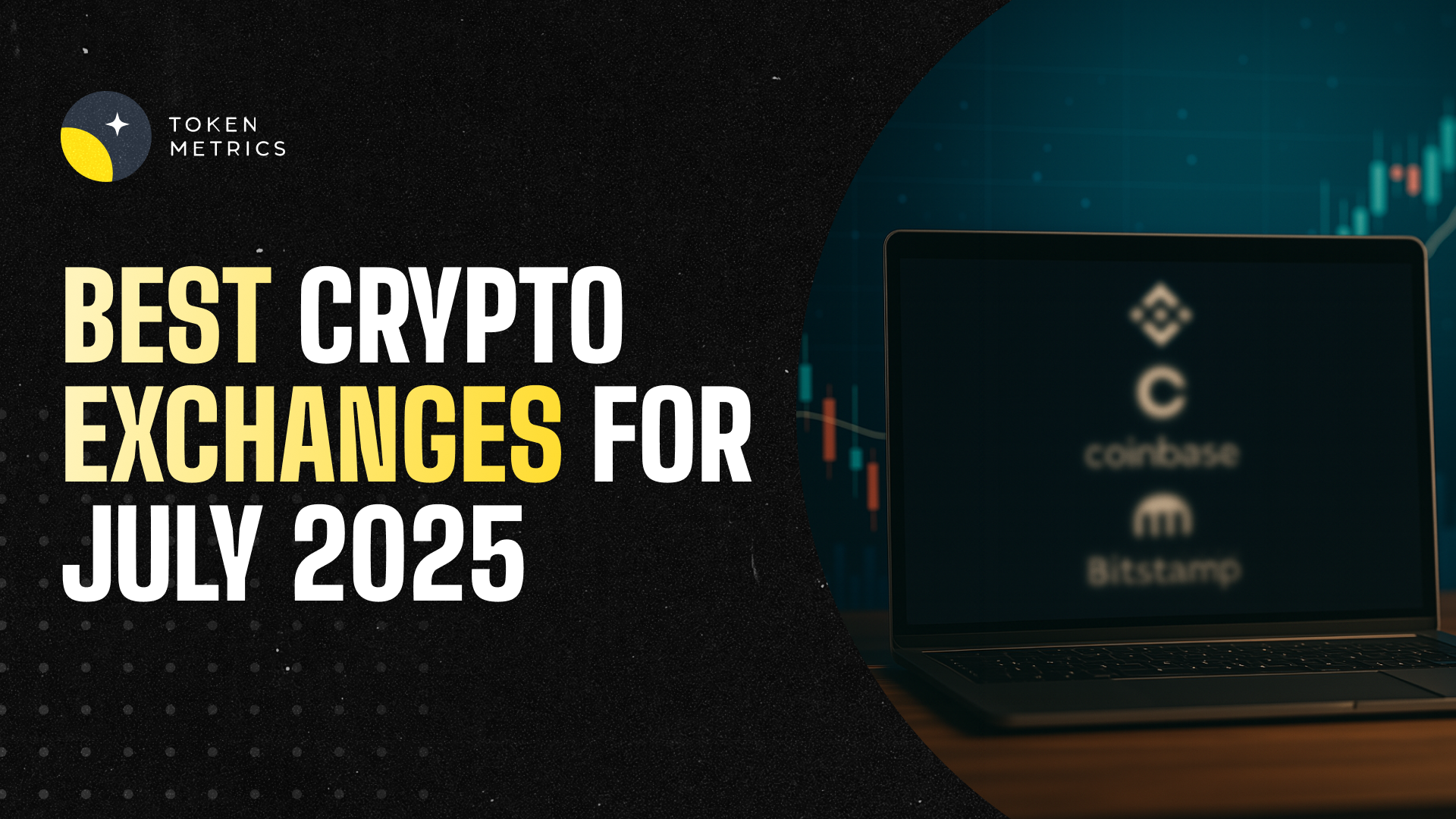
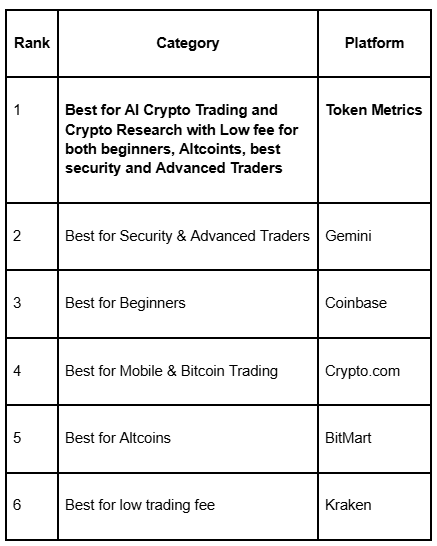







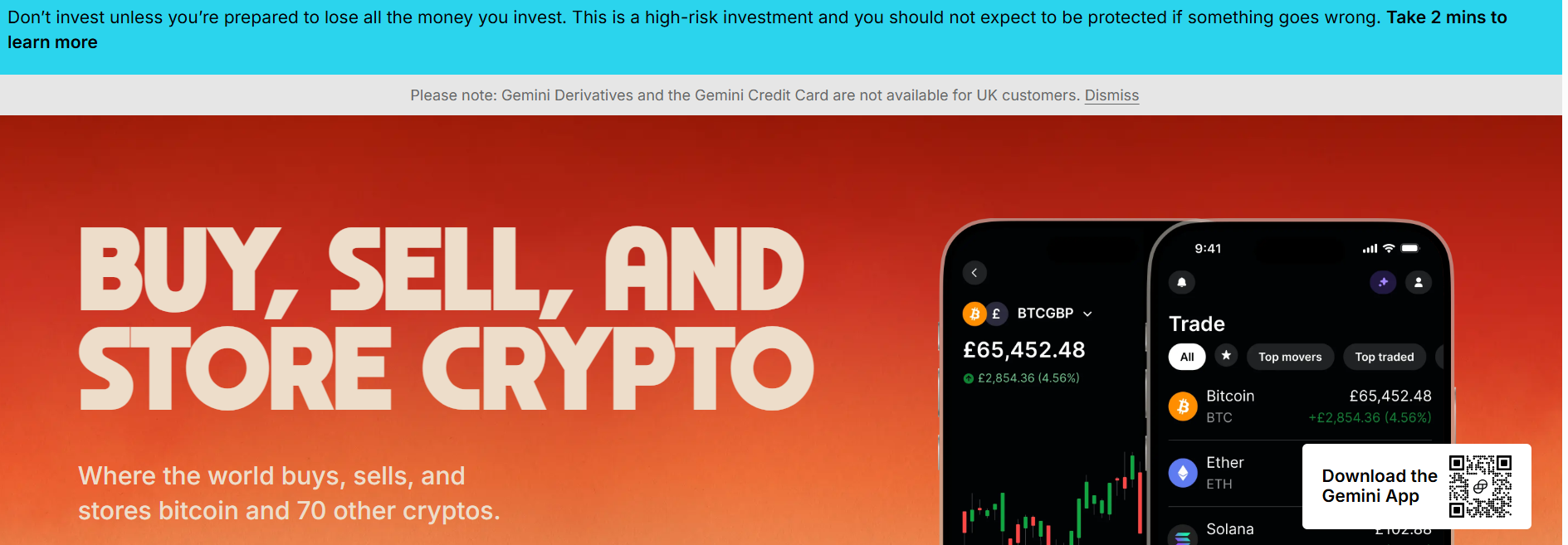
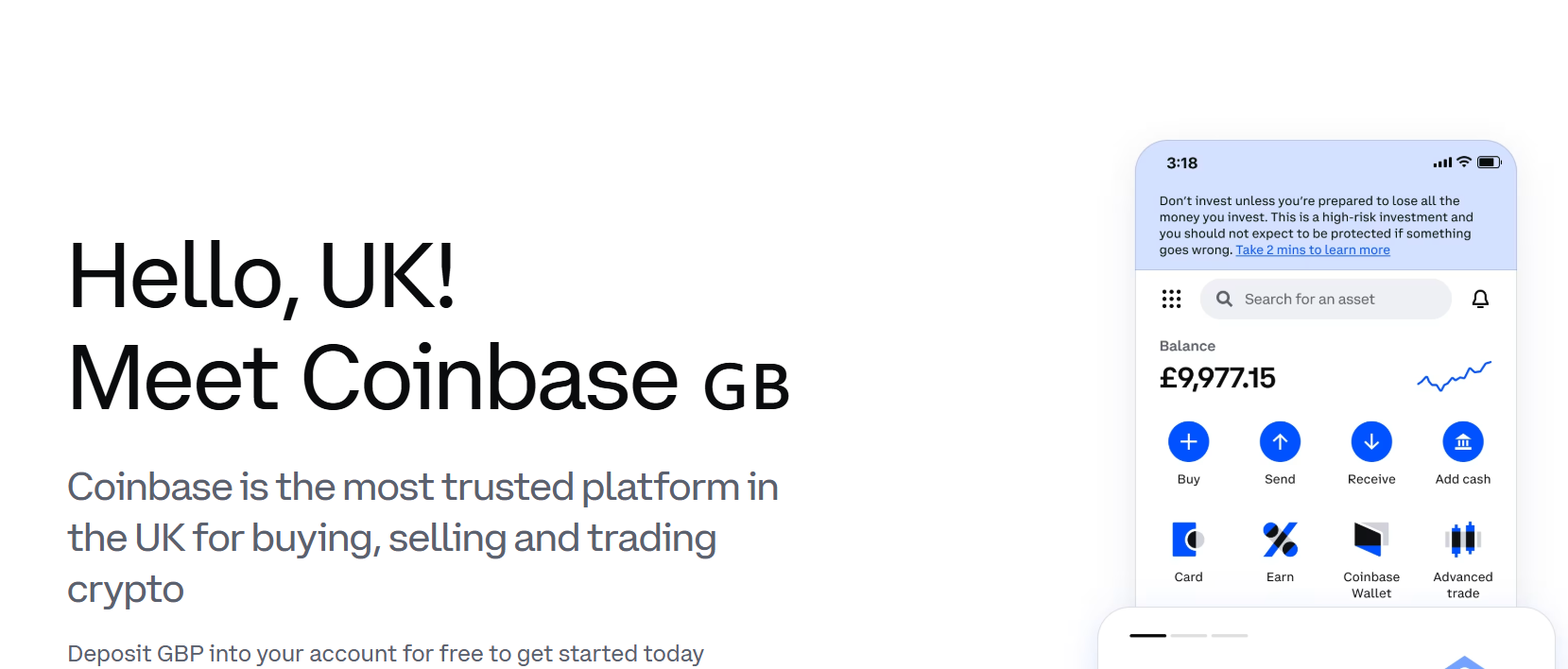
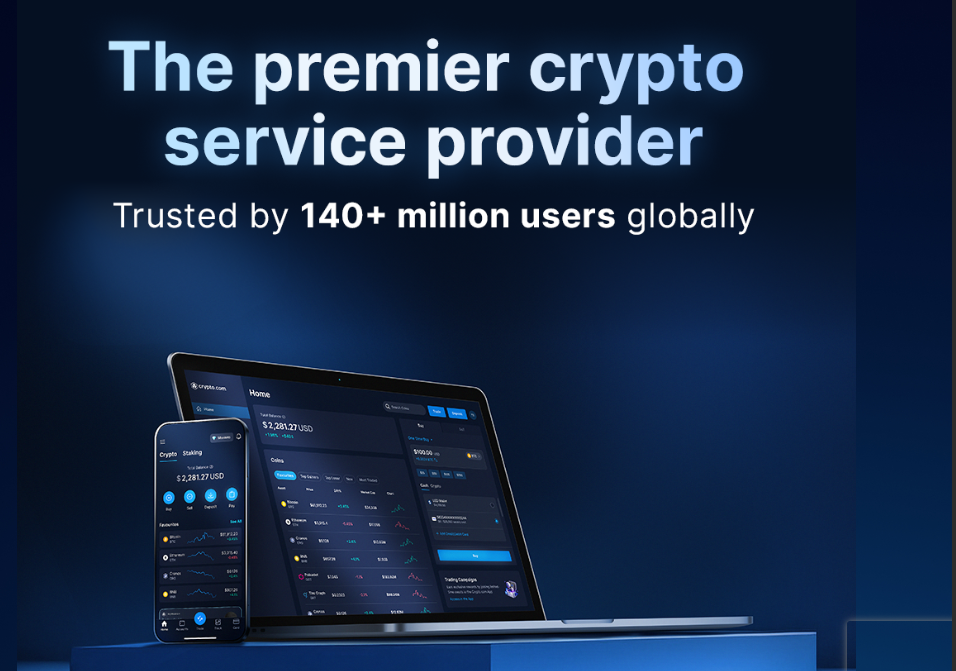

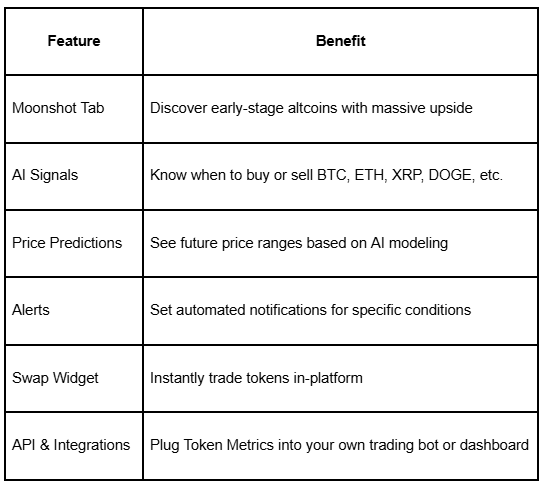
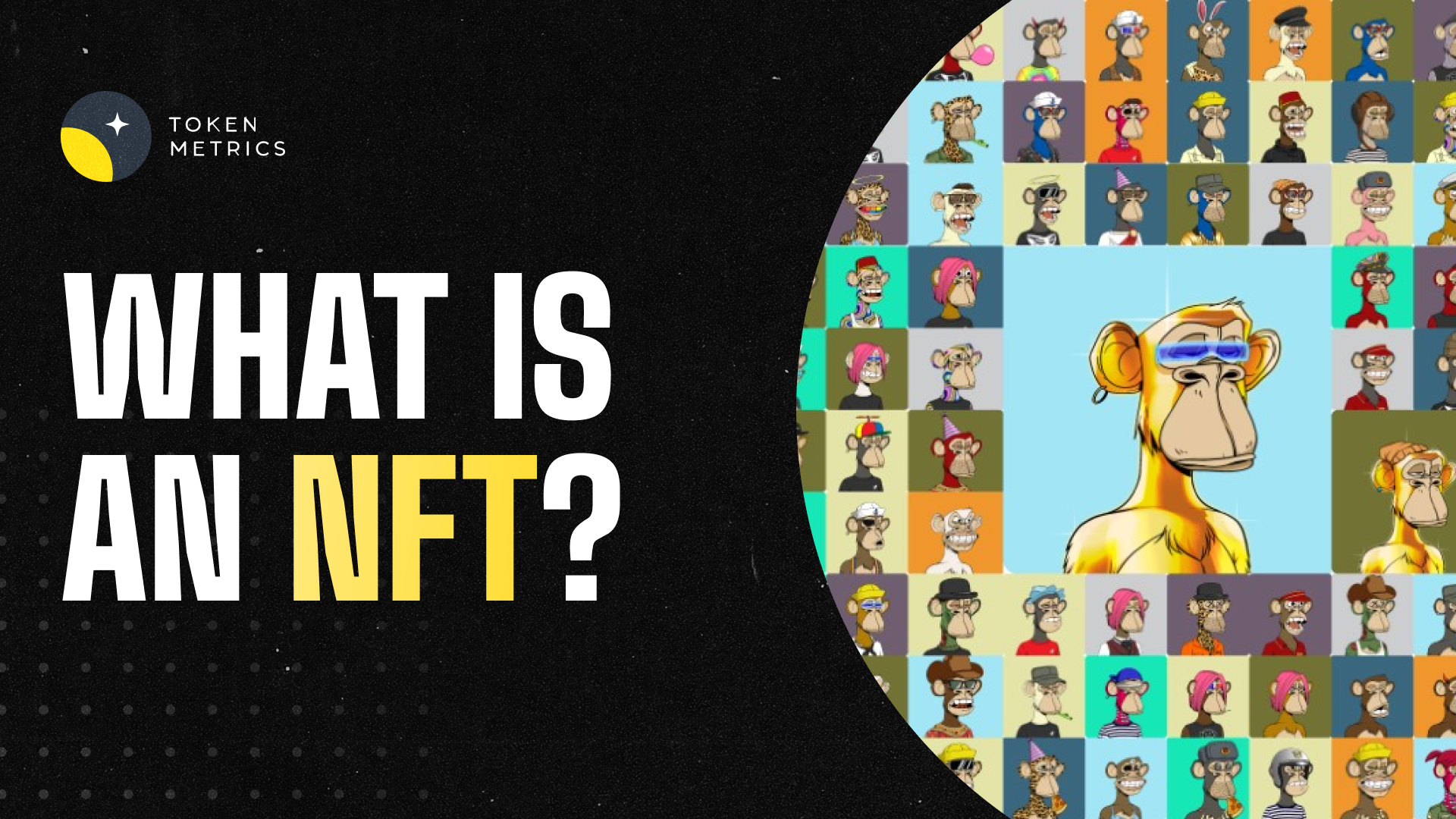

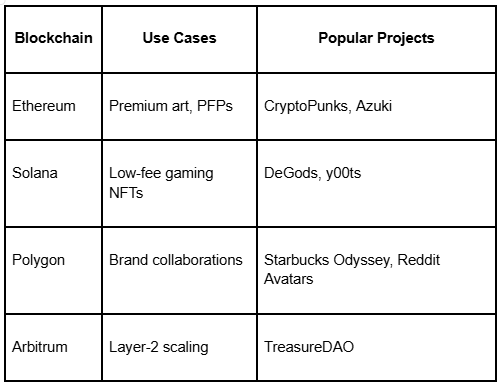
.png)
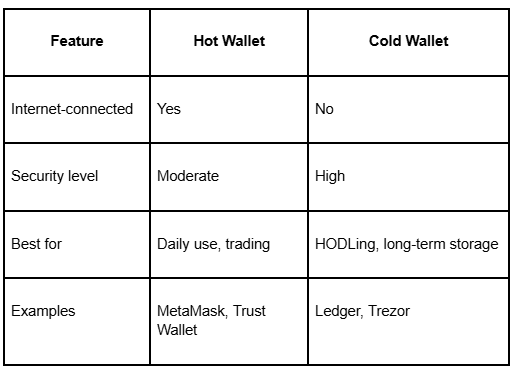

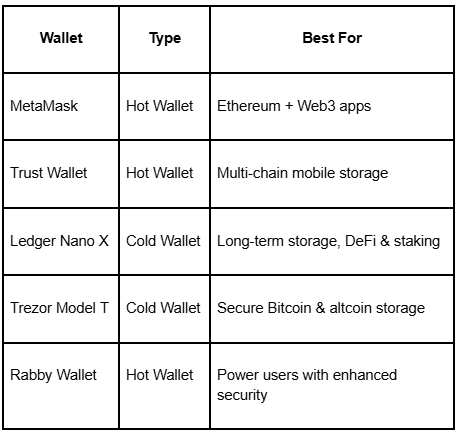




.svg)




.png)